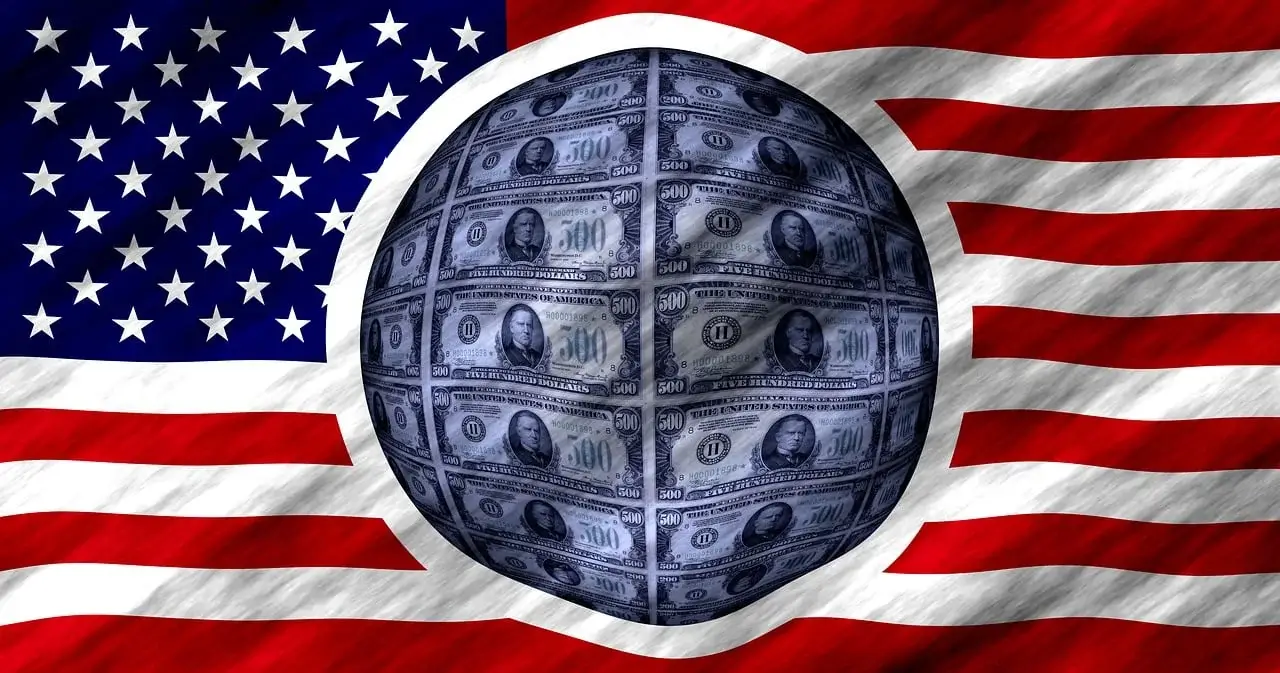BREAKING: U.S. Inflation Data is Out – Here is What You Should Know
14.08.2024 15:30 2 min. read Alexander Stefanov
Probably the most important U.S. inflation indicator, the Consumer Price Index (CPI), just came out.
The headline inflation rate falls to 2.9% in July, lower than expected.
Consumer prices have increased by 0.2% over the past month, reversing the previous month’s 0.1% decline due to a rise in energy prices.
Excluding the more volatile food and gas prices, core inflation in July rose by 3.2% compared to the previous year, a slight decrease from June’s 3.3% annual rise. On a monthly basis, core prices increased by 0.2%, up from a 0.1% rise in June, according to data from Bloomberg.
While July’s inflation data is not quite as low as June, it is in line with prior trend in deflation and should meet the Fed’s benchmark for beginning rate cuts in September.
Core inflation has remained persistently high due to increased costs in housing and essential services like insurance and medical care.
Before Wednesday, the Producer Price Index (PPI) was lower than anticipated for July, shaping investor expectations and strengthening the argument for Federal Reserve rate cuts.
In July, US producer prices, which are a critical indicator of wholesale inflation and often predict future consumer price trends, increased by only 0.1% from the previous month, following a 0.2% rise in June. This growth rate was lower than economists had predicted. Annually, the index rose by 2.2%, slightly exceeding the Federal Reserve’s 2% inflation target.
After the recent stock market crash, which deleted around $2 trillion in a day, investors are eagirly awaiting a rate cut, with some even saying that Fed should have an emergency meeting and immediately cut the rates.
With the latest CPI data, in which we see the inflation eased slightly in July, it seems more and more likely that there will be a rate cut in September.
-
1
U.S. PCE Inflation Rises for First Time Since February, Fed Rate Cut Likely Delayed
27.06.2025 18:00 1 min. read -
2
Key U.S. Economic Events to Watch Next Week
06.07.2025 19:00 2 min. read -
3
Gold Beats U.S. Stock Market Over 25 Years, Even With Dividends Included
13.07.2025 15:00 1 min. read -
4
U.S. Announces Sweeping New Tariffs on 30+ Countries
12.07.2025 16:30 2 min. read -
5
US Inflation Heats Up in June, Fueling Uncertainty Around Fed Cuts
15.07.2025 16:15 2 min. read
BitGo Files Confidentially for IPO With SEC
BitGo Holdings, Inc. has taken a key step toward becoming a publicly traded company by confidentially submitting a draft registration statement on Form S-1 to the U.S. Securities and Exchange Commission (SEC).
Crypto Greed Index Stays Elevated for 9 Days — What it Signals Next?
The crypto market continues to flash bullish signals, with the CMC Fear & Greed Index holding at 67 despite a minor pullback from yesterday.
U.S. Public Pension Giant Boosts Palantir and Strategy Holdings in Q2
According to a report by Barron’s, the Ohio Public Employees Retirement System (OPERS) made notable adjustments to its portfolio in Q2 2025, significantly increasing exposure to Palantir and Strategy while cutting back on Lyft.
Key Crypto Events to Watch in the Next Months
As crypto markets gain momentum heading into the second half of 2025, a series of pivotal regulatory and macroeconomic events are poised to shape sentiment, liquidity, and price action across the space.
-
1
U.S. PCE Inflation Rises for First Time Since February, Fed Rate Cut Likely Delayed
27.06.2025 18:00 1 min. read -
2
Key U.S. Economic Events to Watch Next Week
06.07.2025 19:00 2 min. read -
3
Gold Beats U.S. Stock Market Over 25 Years, Even With Dividends Included
13.07.2025 15:00 1 min. read -
4
U.S. Announces Sweeping New Tariffs on 30+ Countries
12.07.2025 16:30 2 min. read -
5
US Inflation Heats Up in June, Fueling Uncertainty Around Fed Cuts
15.07.2025 16:15 2 min. read


